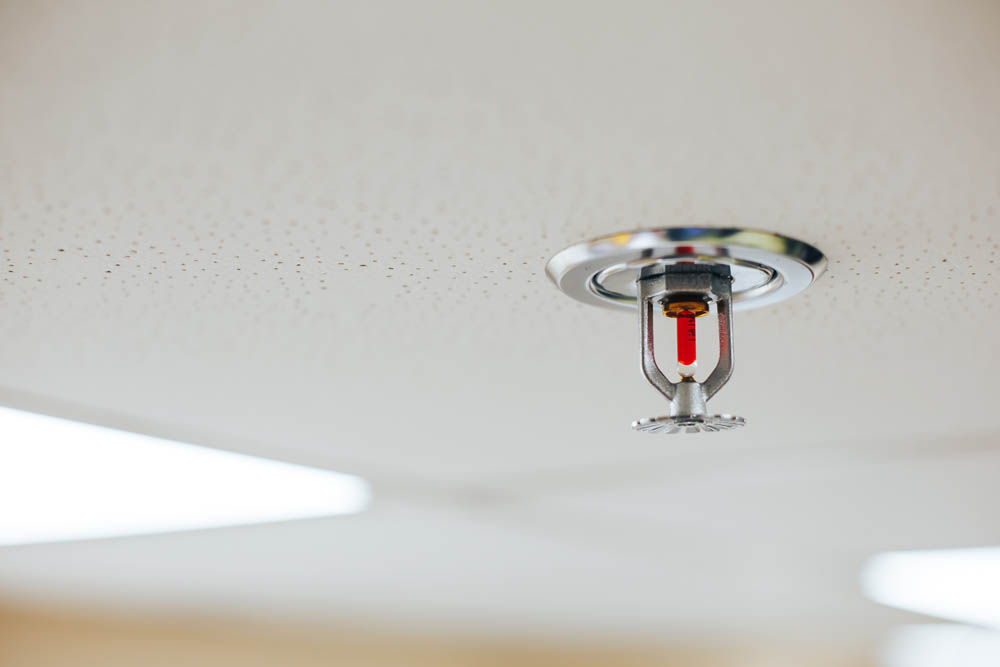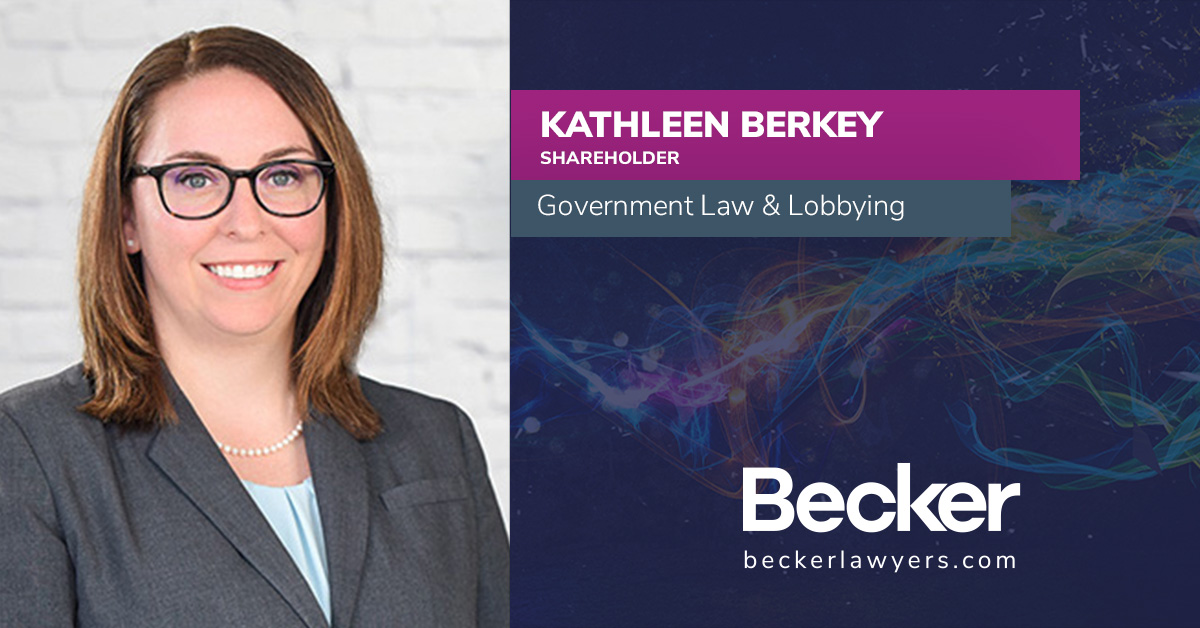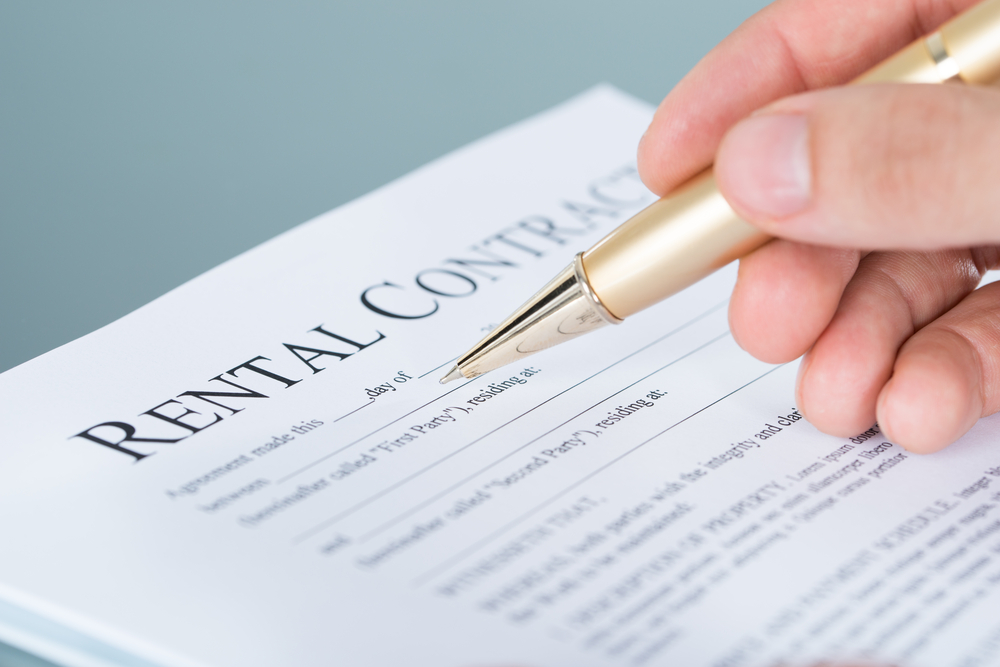
Condo Associations Must Consider Fire Sprinklers By December 31
Earlier this summer, my mother-in-law, a Century Village resident, came to me with a condominium ballot concerning a sprinkler retrofit for her building. She was very upset because the proposed assessment appeared to be $15,000. “How could this be” she asked. “I’ve lived here for 30 years. Why do we need a sprinkler now?”
F.S. 718.112(2)(l) was originally enacted in 2003 and required condominiums to be in compliance with applicable fire and life safety code. This meant that older buildings had to be retro fit to include automatic sprinkler systems in common areas and inside individual units. However, 2/3 of the unit owners could opt out of this requirement. But, the opt out provision did not apply to “high rise” buildings. High rise buildings were defined as buildings that were 75-feet or higher. Retrofitting was to occur by the end of 2014.
In 2010, the Legislature amended the statute by changing the opt out vote to a simple majority (of a quorum) and by eliminating language which prohibited high rise buildings from opting out. December 31, 2016 was set as the last date that an association could vote to opt out and the date to complete retrofitting was extended to December 31, 2019.
Confusion has arisen as to the interpretation of the new language. Do shorter buildings, those under 75-feet in height, have to comply with the retrofit/opt out provisions, because of the elimination of the height language? The Florida Department of Business and Professional Regulation (DBPR) has responded to an inquiry from The Palm Beach Post affirmatively. All condominium buildings must comply with F.S. Section 718.112(2)(l).
Condominiums that have not had to worry about this law for the last 13 years need to pay attention. Time is running out to have your meeting to opt out. Consult your association attorney to discuss the proper procedures for notices and conducting the proper vote before year end. Failure to do so will result in a costly capital expense to the association which will be passed on to the unit owners by way of special assessment.




No Comments
Sorry, the comment form is closed at this time.